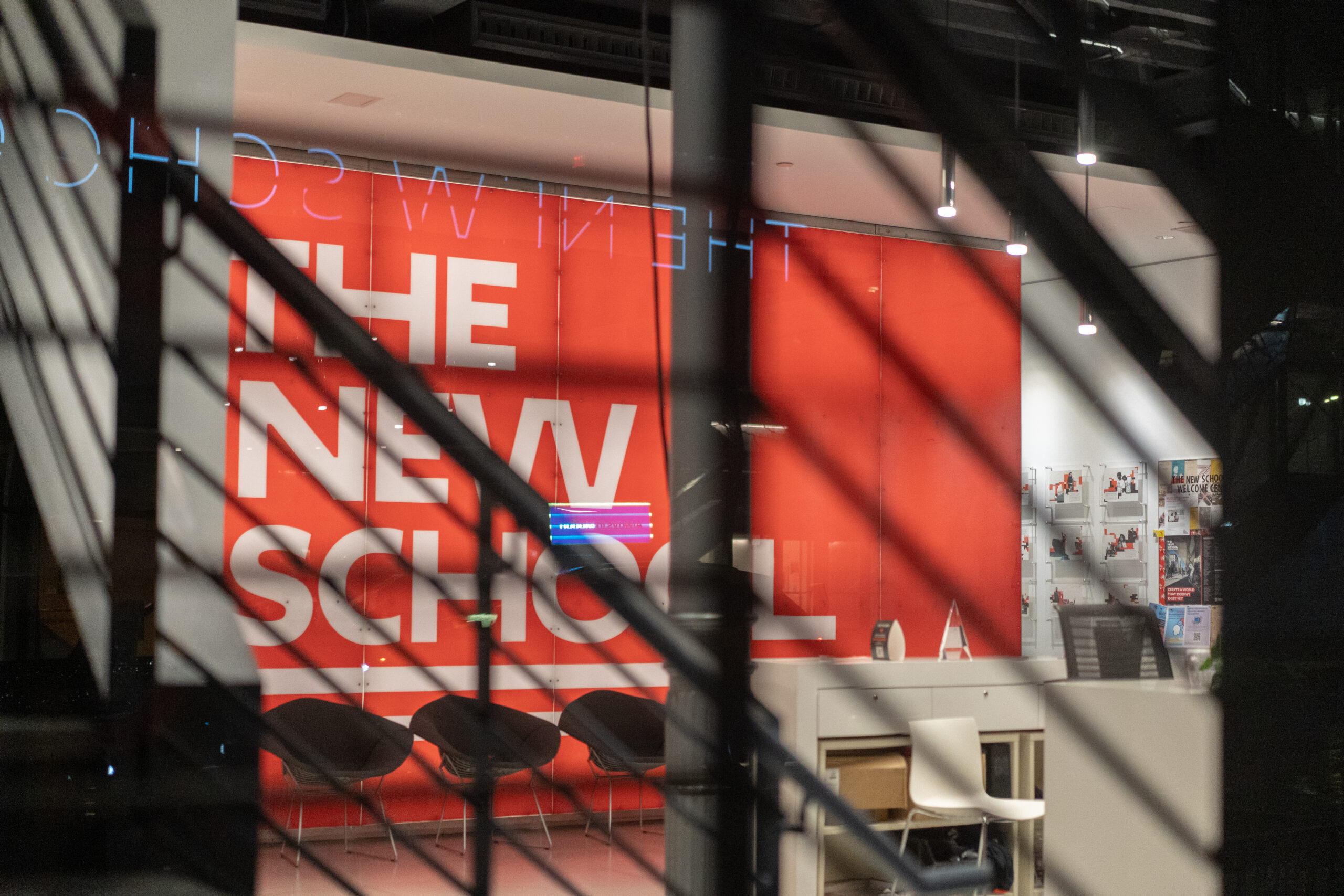Recent changes to the registration process, and particularly the new waitlist system seem to have had some unintended consequences.
Some low-income students at The New School have claimed that the changes to the system affected them unduly, prevented them from registering and accessing class materials including Canvas, which then damaged their academic performance.
The changes, which were implemented this spring semester, included an earlier waitlist deadline and the removal of the ability to overtally.
There are a variety of registration-preventing holds — everything from library fees to missing immunization records — but students with financial holds on their accounts seem to have been more affected because these holds can take months to be resolved.
For this story, the NSFP talked to 27 students who were prevented from registering for their classes because of holds due to financial reasons. Some even reported making the decision to take the semester off due to the amount of time that had passed.
“Due to holds on my account I was unable to register on time and didn’t get into classes I needed until the second week of classes at which point I was already starting out academically behind my peers,” said Katherine Tom, senior BAFA student at Lang and Parsons.
Tom said an outstanding balance from last semester kept her from registering, a balance that she couldn’t pay until she took out extra loans, which further amplified her financial worries.
After classes fill up, the wait list works as a queue for those next in line to fill up any seats made available by drops. Prior to the new system, students with financial holds on their accounts could avoid the wait list by contacting professors and administrators to overtally in order to compensate for the time they weren’t eligible to register. With the changes, this is no longer an option and low-income students stay stuck on the waitlist while waiting for their financial holds to clear.
The New School Free Press reached out to the University Registrar’s office, the office of Student Affairs at Lang, and the office of Student Services to request the number of financial holds during registration this semester at Lang and the demographic breakdown, but the request could not be fulfilled in time.
Being able to overtally by speaking to professors directly used to keep low-income students from falling behind while they dealt with their financial holds.
“The fact that I could no longer simply ask teachers who I have established relationships with to allow me into their classes really made no sense to me,” said Julien Guichard, a sophomore at Lang. Guichard, whose financial holds accumulated due to lack of payment, stayed blocked from registration until his required classes had already filled up.
He said that the inability to overtally forced him to choose classes not pertaining to his major and he now worries he won’t be able to graduate on time.
Many of the students with whom the NSFP spoke were also concerned that students of color, often disproportionately on financial aid, were unduly affected.
“This [policy change] has had a direct, negative effect on myself and many other students at this university who identify as low income and people of color,” Tom said.
Josephine Parr in the Communications Department said the school could not provide the data about the percentage of financial aid students who are of color in time for publication due the upcoming registration period and the busyness of the staff.
Larry Fillian, head of the University’s Registrar Office, said that the changes to the wait list system were meant to make registration fairer and more equitable for students.
“We are constantly looking for ways to streamline processes and improve the lives of our students,” Fillian said. “The waitlist system brings an important level of fairness and equity to the registration process.”
Fillian also noted that the waitlist is, and always has been, intended to be plan B for students’ scheduling needs.
“We always encourage students to plan their class schedule early to avoid relying on the waitlist to get into courses they need to graduate,” Fillian said.
Though for many low-income students, the wait list it is often where they automatically end up during registration. No matter how well students plan their classes, they are unable to register until a financial hold is cleared.
Fillian maintains that the system is based on the best practices in higher education, piloted in academic units around campus prior to the launch and received positive responses.
Kadin Herring, a former University Student Senate representative for Lang who works for social and racial justice on campus said the changes aren’t benefitting students. He believes that the inability to overtally, due to his financial holds, has damaged his semester and that of other low-income students.

“Through the semester and to the present day, students are still trying to finalize their holds officially in order to access class material,” Herring said. “I was disgusted to put it lightly by the number of students who were forced to drop out this semester and/or eventually transfer with the new policies being enforced at our university.”
After attempting to set up several meetings with President David Van Zandt and other administrators, Herring still wants answers to why the changes to registration were implemented.
The changes have left many puzzled as to why the university would strip professors of their power to accommodate students into their classes and access to material, and worried that these concerns will remain unaddressed.
Matthew Walters, Assistant Dean of Student Affairs for Lang, said that he is aware of conversations being had among the administration about these changes and how they affected low income students.
“It’s a big puzzle to try to solve,” said Walters referring the the changes. “It’s at the forefront of the conversations that I’ve been privy to for sure.”
Some students that the NSFP spoke with, however, still feel that the the new registration system represents a failure on behalf of the institution to consider the needs and concerns of marginalized students.
“It is very clear that there is a misunderstanding or disregard for how establishing policies like these allow low income and students of color to fall through the cracks,” Tom said.







